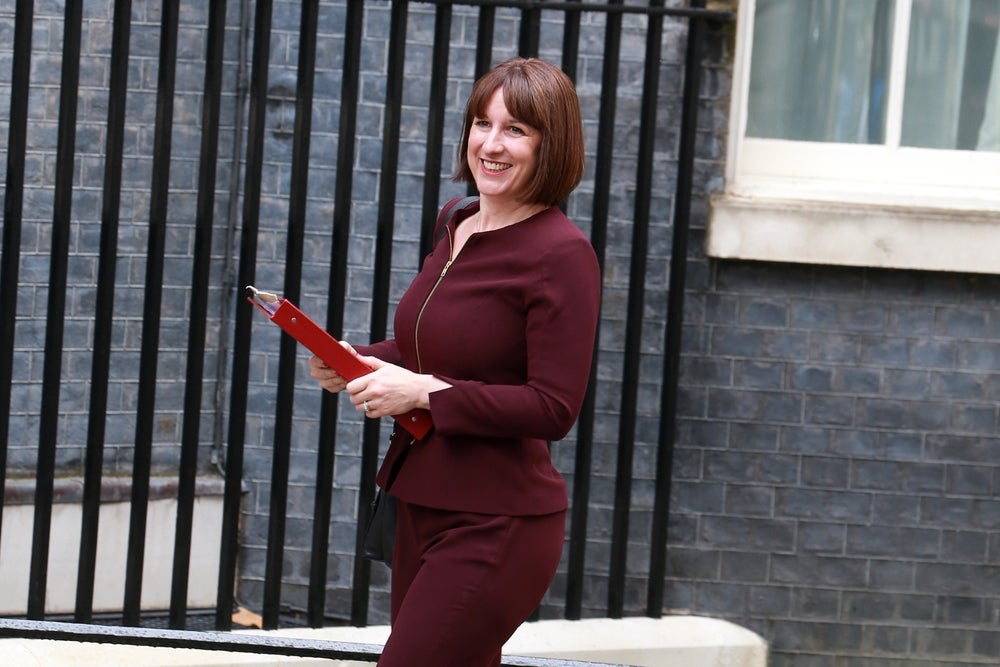I doubt many SMEs were listening to Chancellor Rachel Reeves’s Spring Statement waiting for an announcement on a reversal to National Insurance increases, but those that did tune in will no doubt be left wondering where they came into the picture.
The Chancellor spoke of driving economic growth, of new opportunities, new contracts and new jobs, but unless your business is in defence, advanced manufacturing or construction, this doesn’t mean you.

‘No shortcuts to economic growth’
The Spring Statement created a mixed picture of economic growth. The Office for Budget Responsibility downgraded economic growth for 2025 but the picture is more positive long-term. We need to be optimistic about this. I’ve always been a believer in the power of optimism; it can create conditions for bold decisions, it fuels ambition and ultimately success. The entrepreneurs of Britain thrive on optimism.
The flip side to this, however, is that many SMEs have become jaded by the experiences of the last five years. Long-term growth aside, many businesses are still dealing with day-to-day cashflow challenges. The increases to National Insurance and Minimum Wage – both of which were announced in the Autumn Budget – mean that many businesses are reducing their workforce or freezing recruitment. The Chancellor speaks of ‘putting working people first’, but where is the effort to bolster businesses to help them create more employment opportunities?
Day-to-day challenges for SMEs
There is a deepening problem with invoice late payment, which, if addressed through legislative changes, could help counterbalance rising overheads for SMEs. The Government has gone quiet on invoice late payment, and it’s disappointing to hear nothing from the Chancellor on SMEs and the challenges they face. Over the years there have been tentative steps to combat this issue, but they’ve lacked the strength and conviction to get to the heart of the issue. Perhaps we will hear more on this in the Autumn Budget later this year, but that’s at least six months down the road and as we know six months of unpaid invoices for an SME can be crippling.
I would have liked to see more on how the Government is fuelling the entrepreneurial spirit of our country because there are some real signs it has been dampened in recent months. For the first time since 2012, the number of newly incorporated companies shrank in the final quarter of 2024. Until we see measures that encourage entrepreneurial investment, there’s a risk that this trend will continue. The Government failed to reassess the economic incentive for new businesses to enter the market and for current businesses to invest.

US Tariffs are shifting - will you react or anticipate?
Don’t let policy changes catch you off guard. Stay proactive with real-time data and expert analysis.
By GlobalData








